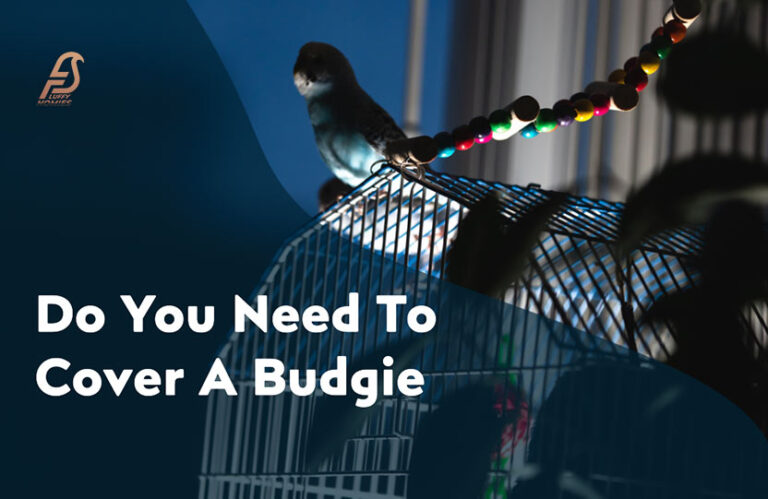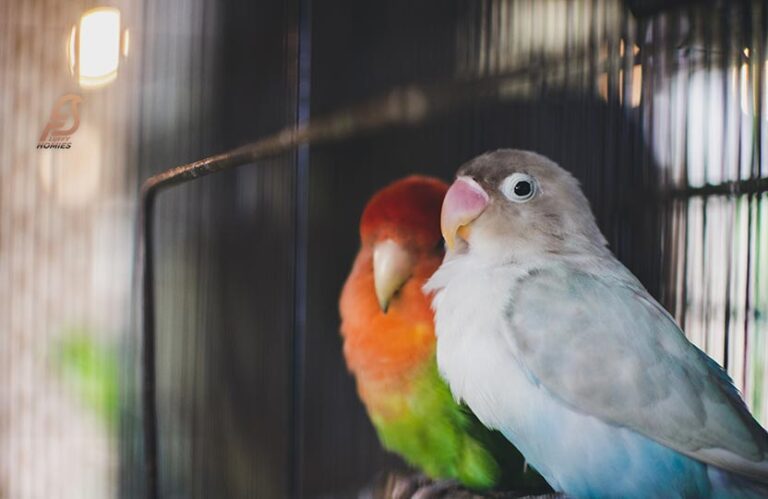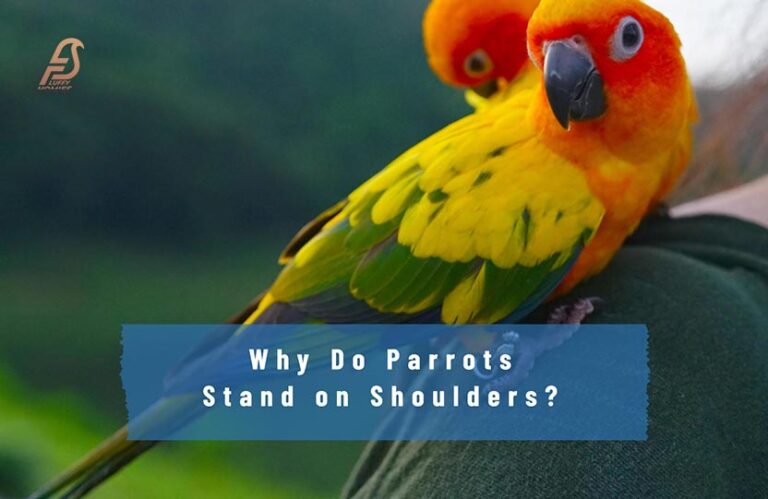The Shocking Reality: Will Budgies Starve Themselves? (2023)
Budgies are intelligent and sociable creatures that make delightful companions, but it is essential to understand their dietary behavior to ensure their health and well-being.
Budgies are destructive birds that create some types of difficulties for its owner. Budgies are not known to intentionally starve themselves.
However, some circumstances can lead to changes in their eating patterns, which may cause concern for their owners.
Understanding these factors is crucial in addressing the issue effectively and providing the necessary care for these beloved pets.
In this article, we will explore the topic of budgies potentially starving themselves and shed light on the factors that influence their eating habits.
Will Budgies Starve Themselves?
Yes, budgies will starve themselves. Budgies, like any living creature, have instincts and behaviors that can affect their eating habits. Due to starving people think that budgies are panting.
While they do not intentionally starve themselves, certain factors can contribute to changes in their appetite. It’s important to understand these factors to address any concerns regarding Budgie’s eating habits.
Budgies are sensitive creatures that can be easily affected by changes in their environment. Even seemingly minor alterations can disrupt their routine and appetite.
Budgies thrive in a stable and secure environment, so any unexpected changes or disturbances can lead to stress and a loss of appetite.
Also Read: How Many Budgies Should I Get in a Cage?
What Are the Common Causes of Budgies Starving Themselves?
Stress and Anxiety
Budgies are highly social birds that require mental stimulation and companionship. If a budgie feels lonely, neglected, or stressed, it can result in a decreased appetite.
Stressful events such as moving to a new location, loud noises, or changes in household dynamics can all contribute to a budgie’s reluctance to eat.
Stress also makes your budgie unhealthy and in that situation budgies getting overweight and disturb their diet.
Illness or Injury
Sickness or injury can significantly impact a budgie’s appetite. Just like humans, when budgies are not feeling well, they may lose their appetite and exhibit other signs of illness such as lethargy, fluffed-up feathers, or abnormal droppings.
It’s crucial to monitor your budgie’s overall behavior and seek veterinary assistance if you suspect they are unwell.
Environmental Factors
Budgies are sensitive to their surroundings, and certain environmental factors can affect their eating habits.
Extreme temperatures, drafts, uncomfortable cage placement, or even the presence of other pets in the house can cause a budgie to feel insecure and avoid eating.
How Do I Know if My Budgie is Starving?
Recognizing the signs of a starving budgie is essential in identifying potential issues with their eating habits.
While budgies may not exhibit overt signs of hunger like other animals, several indicators can help you determine if your budgie is experiencing starvation or malnutrition.
Weight Loss and Thin Appearance
A significant reduction in body weight and a visibly thin appearance are clear signs that your budgie may not be getting enough food.
You can monitor their weight by gently weighing them regularly using a small scale designed for birds. Any noticeable drop in weight should be taken seriously and investigated further.
Reduced or Lack of Appetite
If your budgie consistently shows little interest in food or refuses to eat altogether, it could be an indication of starvation.
Pay attention to their eating habits and observe if they are actively engaging with their food or showing disinterest during mealtime.
Weakness and Lethargy
A budgie that is not receiving adequate nutrition may become weak, lethargic, or less active than usual. This is the reason budgies sudden death. They may appear less playful, spend more time perched or resting, and exhibit reduced overall energy levels.
Changes in Feather Condition
Malnutrition and starvation can affect a budgie’s feather quality. Some times changes in feather of budgies due to sickness not molting.
If you notice a decline in feather condition, such as dullness, breakage, or excessive molting, it could be an indication that your budgie is not receiving the necessary nutrients for feather health.
Abnormal Droppings
Changes in droppings can also provide insights into a budgie’s nutritional status. If you observe drastic changes in color, consistency, or frequency of their droppings, it could suggest an underlying issue related to their diet and potential starvation.
Also Read: Do Parakeets Like to Climb?
How Long Does It Take for a Budgie to Starve?
The timeline for a budgie to starve can vary depending on several factors, including the individual bird’s health, age, and overall condition.
Budgies have high metabolic rates, meaning they require frequent and consistent intake of food to maintain their energy levels and well-being.
In general, a budgie can start experiencing adverse effects from a lack of food within 24 to 48 hours.
As time progresses without food, their energy reserves become depleted, leading to significant weight loss, weakness, and potential organ dysfunction.
It is important to note that budgies have a remarkable ability to hide signs of illness or weakness, which can make it challenging to determine their exact state of starvation. Additionally, each budgie is unique, and its ability to withstand starvation can vary.
How Long Can a Budgie Go Without Eating?
Budgies, like other small birds, have a relatively high metabolic rate, and they require a consistent intake of food to sustain their energy levels and overall health.
While budgies can survive for short periods without food, prolonged periods of starvation can have severe consequences.
On average, a budgie can survive without food for approximately 48 to 72 hours. However, it is important to note that this timeframe can vary depending on the individual bird’s health, age, and overall condition.
Factors such as hydration levels, environmental temperature, and stress levels can also impact their ability to withstand periods without food.
It is crucial to understand that even though budgies can survive for a limited time without eating, it is not a desirable or healthy situation for them.
Extended periods without food can lead to rapid weight loss, weakness, organ dysfunction, and an increased risk of secondary health issues.
Also Read: Why Budgies Eat Their Poop?
What to Do If Your Budgie Won’t Eat?
If you notice that your budgie is not drinking water, not eating or has a decreased appetite, it is essential to take proactive steps to address the issue.
Here are some strategies to consider when your budgie isn’t eating:
Assess the Environment
Examine your budgie’s surroundings for any potential stressors or changes that could be affecting their appetite.
Ensure their cage is placed in a quiet area away from disturbances, maintain a consistent routine, and avoid sudden environmental changes.
Offer a Variety of Foods
Provide a diverse range of nutritious foods to entice your budgie to eat. Offer a mix of high-quality bird seeds, pellets, fresh fruits, and vegetables.
Experiment with different combinations and textures to find what appeals to your budgie’s taste.
Ensure Fresh Water Availability
Check that clean, fresh water is readily available to your budgie at all times. Replace the water daily and ensure the water container is clean and free from contamination.
Some budgies may prefer drinking from a shallow dish or enjoy misting or bathing, so consider offering these options as well.
Monitor Droppings and Weight
Regularly monitor your budgie’s droppings and weight to assess their overall health and appetite. Any significant changes in droppings or noticeable weight loss should be reported to an avian veterinarian for further evaluation.
Seek Veterinary Assistance
If your budgie’s lack of appetite persists for more than 24 to 48 hours, it is crucial to consult with an avian veterinarian.
They can conduct a thorough examination, identify any underlying health issues, and recommend appropriate treatment.
Prompt veterinary intervention is crucial to address potential medical causes and prevent further complications.
Provide Supportive Care
During this period, it’s essential to provide your budgie with extra care and attention.
Ensure they have a comfortable and stress-free environment, offer gentle encouragement, and spend quality time bonding with them. This can help alleviate any stress or anxiety that may be contributing to their decreased appetite.
Also Read: Why Does My Cockatiel Hate Me?
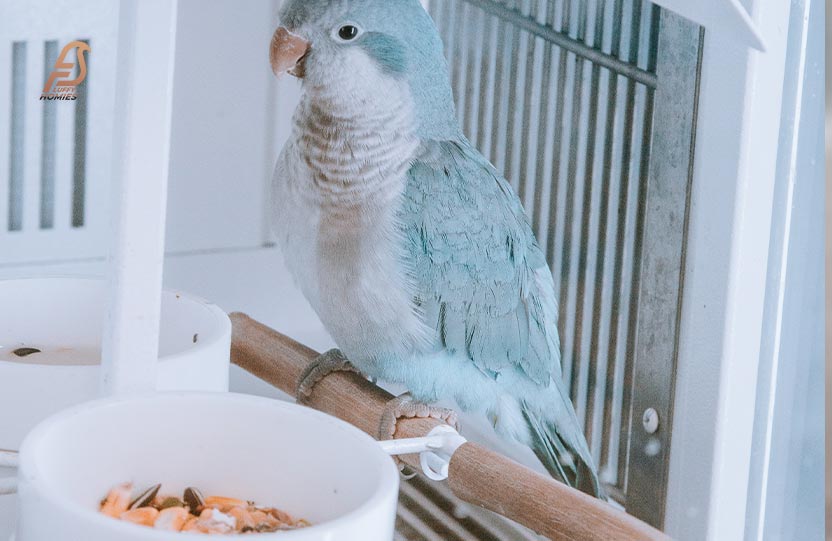
How Do I Get My Budgie to Eat?
Encouraging your budgie to eat when they are experiencing a decreased appetite can be challenging, but there are strategies you can employ to help stimulate their appetite and ensure they receive the necessary nutrition.
Here are some tips to get your budgie to eat:
Offer Fresh and Appealing Foods
Present fresh and visually appealing foods to entice your budgie. Cut fruits and vegetables into small, bite-sized pieces and arrange them attractively in their food dish.
This can make the food more inviting and increase the chances of your budgie trying new items.
Try Different Textures and Food Types
Experiment with different textures and food types to discover what your budgie prefers. Offer a variety of seeds, pellets, fresh produce, and even sprouted seeds to provide a diverse and nutritious diet.
Some budgies may have specific preferences, so finding the right combination can help stimulate their appetite.
Hand-Feeding or Syringe-Feeding
In some cases, hand-feeding or syringe-feeding may be necessary to ensure your budgie receives adequate nutrition.
Consult with an avian veterinarian for guidance on proper hand-feeding techniques and suitable food options. It’s important to handle your budgie gently and make the feeding experience as stress-free as possible.
Nutritional Supplements
Consider adding nutritional supplements or bird-safe vitamins to your budgie’s diet, as recommended by a veterinarian. These supplements can provide additional nutrients and support their overall health.
However, it’s important to consult with a professional to determine the appropriate dosage and duration of supplementation.
Temperature and Feeding Time
Ensure that the food you offer is at an appropriate temperature. Budgies may be more inclined to eat food that is lukewarm rather than excessively hot or cold.
Additionally, establish a consistent feeding routine, as budgies thrive on structure and predictability.
Social Interaction and Play
Engage your budgie in social interaction and play to stimulate their appetite. Budgies are social creatures and positive interaction with their human caregivers can help boost their mood and interest in eating.
Offer interactive toys, provide opportunities for exercise, and spend quality time bonding with your budgie.
Conclusion — Will Budgies Starve Themselves?
Budgies will starve themselves. Budgies can sometimes exhibit a refusal to eat, which can be a cause for concern for their owners.
Understanding the reasons behind this behavior, such as stress, illness, or environmental factors, is crucial in addressing the issue.
By carefully observing their eating habits, providing a stimulating environment, seeking veterinary care when needed, and offering a balanced diet, you can support your budgie’s appetite and overall well-being.
Also Read: Why Are My Budgies Feet Hot?
FAQs — Will Budgies Starve Themselves?
Do budgies need food all day?
Yes, budgies require food throughout the day to meet their nutritional needs. It’s important to provide them with a balanced diet and fresh water at all times.
Can budgies die from not eating?
Yes, budgies can suffer serious health consequences and even die from prolonged periods of not eating. It is essential to address any significant decrease in food consumption promptly and seek veterinary assistance.
Should I force-feed my budgie if it’s not eating?
Force-feeding should only be done under the guidance of a veterinarian. It is not advisable to force-feed a budgie without professional advice, as it can cause stress and further complications.
Can budgies refuse to eat due to loneliness?
Yes, budgies are highly social birds, and loneliness or lack of social interaction can contribute to a loss of appetite. It is recommended to provide your budgie with companionship and engage in regular interaction with them.
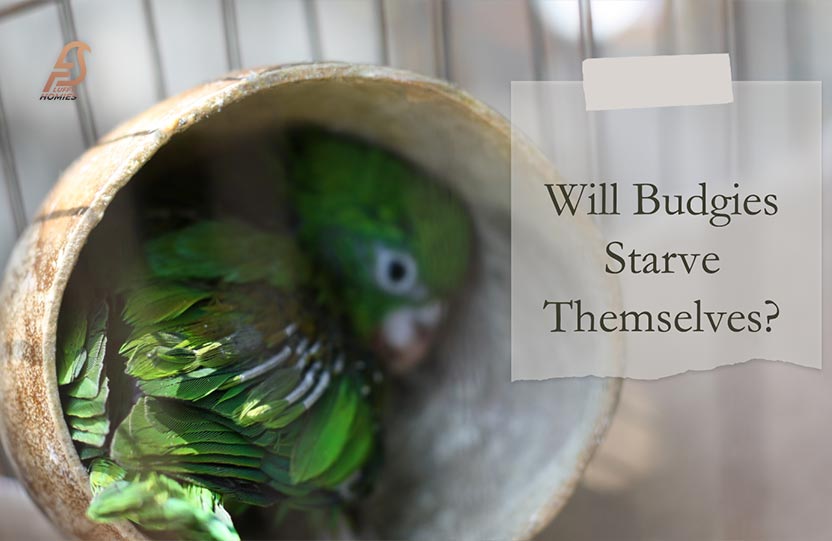
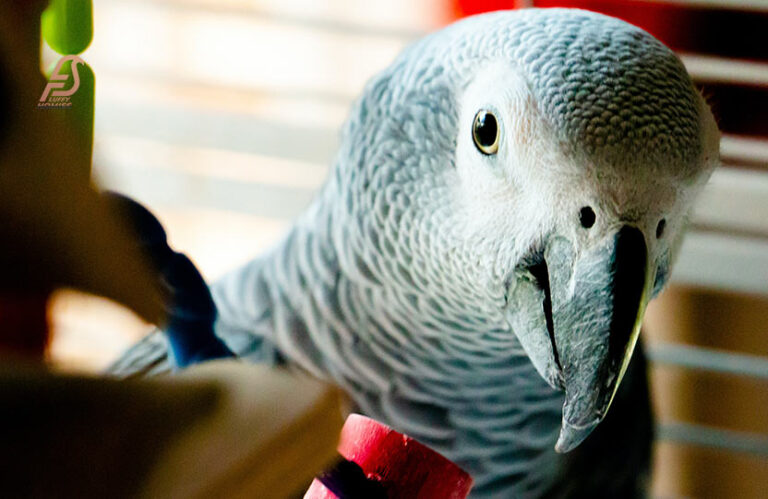
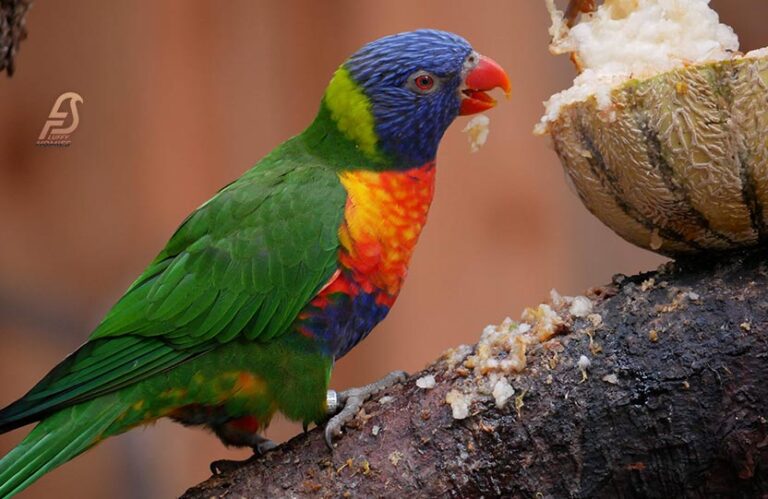
![Can Parrots Eat Beets? [Everything You Need to Know 2024]](https://fluffyhomies.com/wp-content/uploads/2023/04/can-parrots-eat-beets-768x499.jpg)
